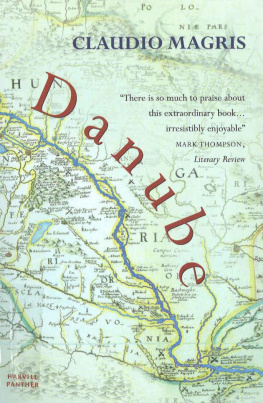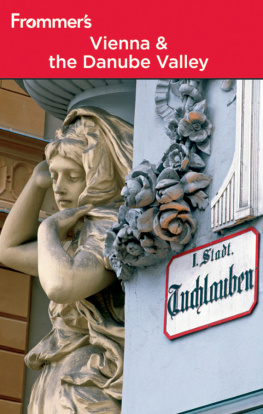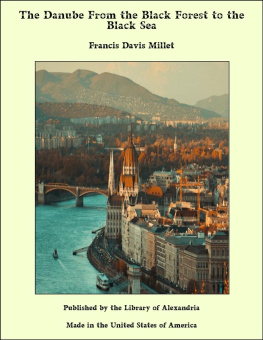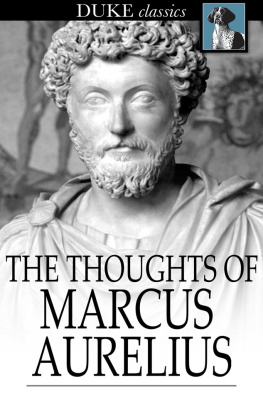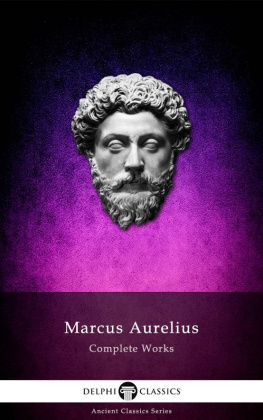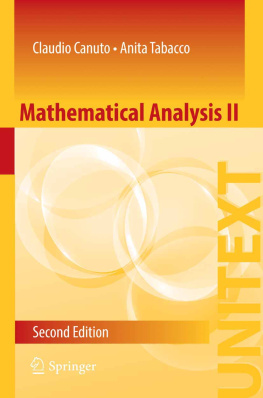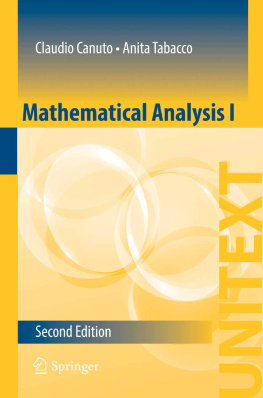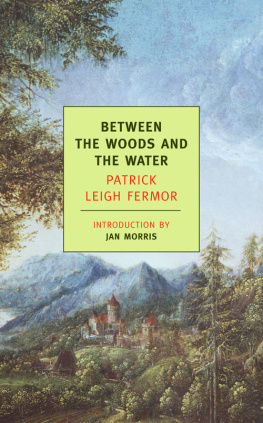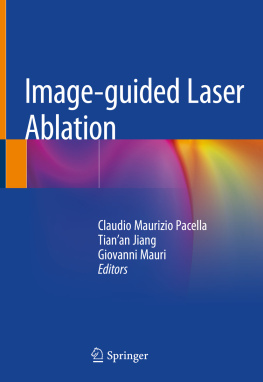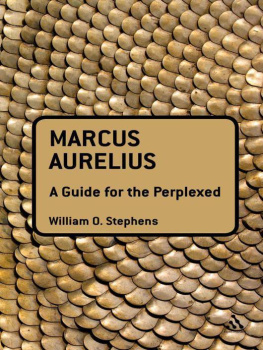Claudio Magris
DANUBE
Translated from the Italian by
Patrick Creagh

CONTENTS
To Marisa, Francesco and Paolo
Praise for Danube
Danube is not simply a masterpiece of travel; it is an odyssey. From Heraclitus to Baudelaire the river has appeared as a metaphor for life, winding safely from its source to the sea A splendid book, beautifully translated by Patrick Creagh
IAN THOMSON , Independent
Erudite and original
MICHAEL IGNATIEFF , New York Review of Books
A work of great originality, which builds up to a mosaic of spectacle, incident and reflection from which the personalities of the narrator and the Danubian lands gradually emerge. Subtle introspection, wide knowledge and brilliant perception are mingled. This is the best introduction to the culture of central Europe, its genius and its tragedy
ANTHONY HARTLEY , Daily Telegraph
A uniquely stimulating and individual portrait of the heart of Europe
COLIN THUBRON , Sunday Telegraph
A testament to one mans extraordinary learning and intellectual curiosity, and a moving tribute to the glories of a central European civilisation which, in many ways, has disappeared Magris proves a most gracious, erudite, engaging and fair-minded companion on a journey no reader will forget
EILEEN BATTERSBY , Irish Times
The book is full of wonders and delights This graceful, learned book is, I believe, a kind of masterpiece which will live Since the war, we in Europe have lost our nerve and lost our way; what Danube offers us is a cultural map on which we may trace the ancient paths and find, however distantly, the feel of home
JOHN BANVILLE , Irish Times
A wonderful meditation on the borders of Europe and the passage between Europe and the East
MALCOLM BRADBURY
Like the river itself, Magris carries all along with him. Philosophy, war, natural history and politics are blended together with a mixture of curiosity, stylishness and all-encompassing knowledge
CHRISTIAN JENNINGS , Observer
He has a penchant for what is unique, unexpected, unknown, bizarre Danube is a tour de force of packaged erudition
JOHN LUKACS , Boston Globe
His forte is a wealth of literary and historical allusions from Austrian, French, Italian and German sources, which makes this book not only a treasure chest but also a profoundly perceptive study of central European history Magriss approach, wonderfully stimulating and constantly surprising, is especially valuable because it offers a truly European sensibility, struggling to get back to the old heartland of the central Europe, from its displacement to the west
ANNA BRAMWELL , The Times
About the Author
CLAUDIO MAGRIS , scholar and critic specialising in the field of German literature and culture, was born in Trieste in 1939. After graduating from the University of Turin, he lectured there in German Language and Literature from 1970 to 1978. He now teaches in the faculty of Literature and Philosophy at the University of Trieste. He is the author of many books of literary criticism and has translated works by Ibsen, Kleist and Schnitzler.
PATRICK CREAGH has brought to an English language readership many Italian writers including Vitaliano Brancati, Sebastiano Vassalli, Gesualdo Bufalino, Marta Morrazzoni, Salvatore Satta, Anna Maria Ortese and Antonio Tabucchi. He won the John Florio Prize for this translation of Danube, as also Gesualdo Bufalinos Blind Argus. He is also a considerable poet in his own right.
Also by Claudio Magris in English translation
MICROCOSMS
Fiction
A DIFFERENT SEA
INFERENCES FROM A SABRE
They ride and ride until they come to the Danube
The Flight of King Matthias, Slovenian folksong

ONE
A Question of Gutters
1. A PLAQUE
Dear friend!
Sig. Maurizio Cecconi, alderman of the city of Venice, has proposed that we organize an exhibition based on the enclosed prospectus, entitled The Architecture of Travel: Hotels, their History and Utopia. The proposed location is Venice. A number of institutions and organizations appear willing to underwrite it. If you are interested in working with us
This cordial invitation, which arrived a few days ago, is addressed to no one in particular, and does not name the person or persons apostrophized with such rapture. The affectionate outburst sponsored by the municipality transcends the individual to embrace the general: humanity at large, or at least a vast and fluid community of the cultured and intelligent. The proposal attached has been drawn up by professors at the universities of Tbingen and Padua, drafted according to a rigorous logic, and furnished with a bibliography. It aims to reduce the unpredictability of travel, the intricacy and divergence of paths, the fortuity of delays, the uncertainty of evening and the asymmetrical quality of any journey, to the inexorable order of a treatise. The whole scheme is a first draft of a Statute for Living if life is a journey, as they say, and we pass across the face of the earth as guests.
In this world administered and organized on a planetary scale, to be sure, the adventure and mystery of travel would seem to be dead and done for: even Baudelaires Voyagers, who set out to look for the unheard-of and were ready to face shipwreck in the attempt, found in the unknown, and in spite of every unforeseen disaster, precisely the same tedium that they left at home. To be on the move, however, is better than nothing: one stares out of the window of the train as it hurtles into the countryside, one raises ones face to the breezes, and something passes, flows through the body. The air creeps into ones clothes. The ego dilates and contracts like a Portuguese man-of-war. A little ink overflows from the bottle and is diluted in an ink-coloured sea. But this gentle loosening of the bonds, which replaces the uniform with a pair of pyjamas, is more like an hours break in the school timetable than the promise of the great demobilization. Vain fancies, says Benn, even when one feels the pitiless azure break open beneath a debatable reality. Too many self-satisfied, peremptory soothsayers have taught us that the all-inclusive clause in the price-lists of tourism includes even the rising of the wind. But luckily we are left with the adventure of classification, the thrill of diagrams, the allure of methodology. The professor from Tbingen engaged by the alderman may be aware that the world is humdrum enough to threaten the Odyssey, the real, unique experience of the individual; but he cheers himself by adorning page 12 with a quotation from Hegel, that great product of the theological seminary in his university town, and echoes him in asserting that method is the construction of experience.
This wooden bench, overlooking the narrow strip of water, prompts me to feel kindly towards the orderly plan which I found in the post-box shortly before leaving towards the miniature Art of Fugue hidden beneath the bowstrokes of those logical passages. The wood of the bench has a good smell to it, a manly toughness reminiscent of the Rider of the Lone Valley, while the Breg or the Danube? is a flowing bronze ribbon, brown and shining; and, thanks to a few patches of snow in the woods, life seems cool and fresh. There is promise in the sky and in the wind. A happy conspiracy of circumstances and a benevolent state of relaxation aided perhaps by the cordiality of that Dear friend! prompt me to have faith, and even to accept the synthesis, formulated beyond all reasonable doubt by our German colleague in the Venetian project, between Hegels Science of Logic and the various categories of hotel.
Next page
